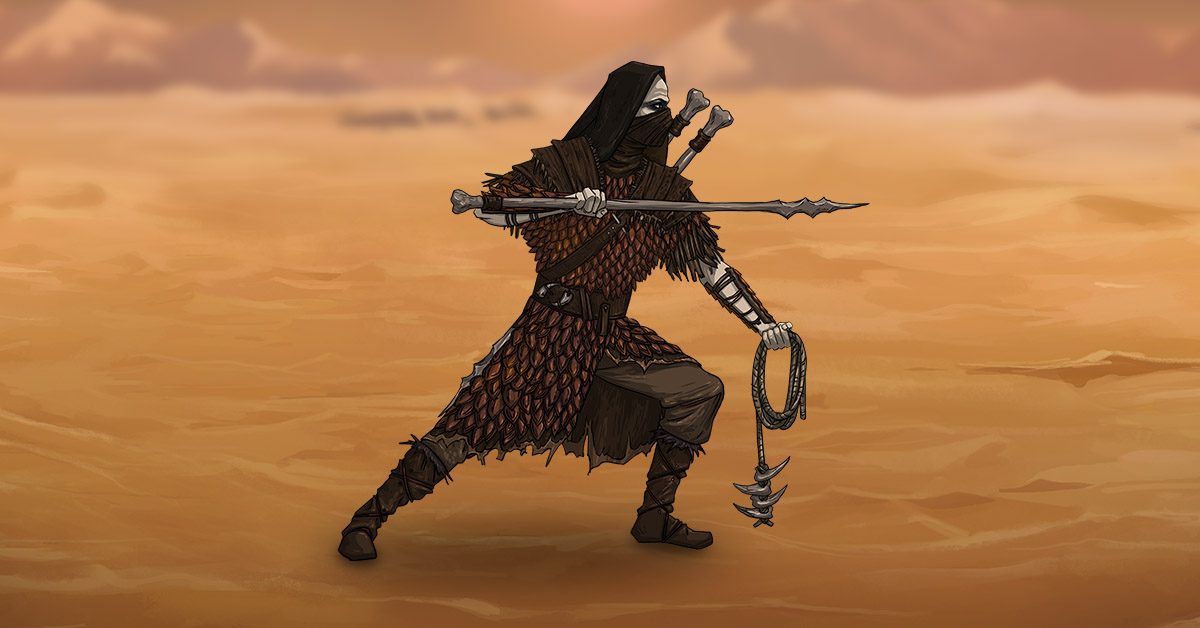
As we move into full swing with teaser season, we come to you today with another reveal of a group of foes. These predators of the wasteland may not feed on the flesh of their victims like the bloodletting miscreants we showed you previously, but they are an efficient lot with an affinity for hunting and slaying beasts, many of which you will come across in our upcoming region DLC. For now, we can only show you one of their ilk, but rest assured: the Wasteland Stalkers – their name among themselves and others – are deadly and exacting in their modus operandi.

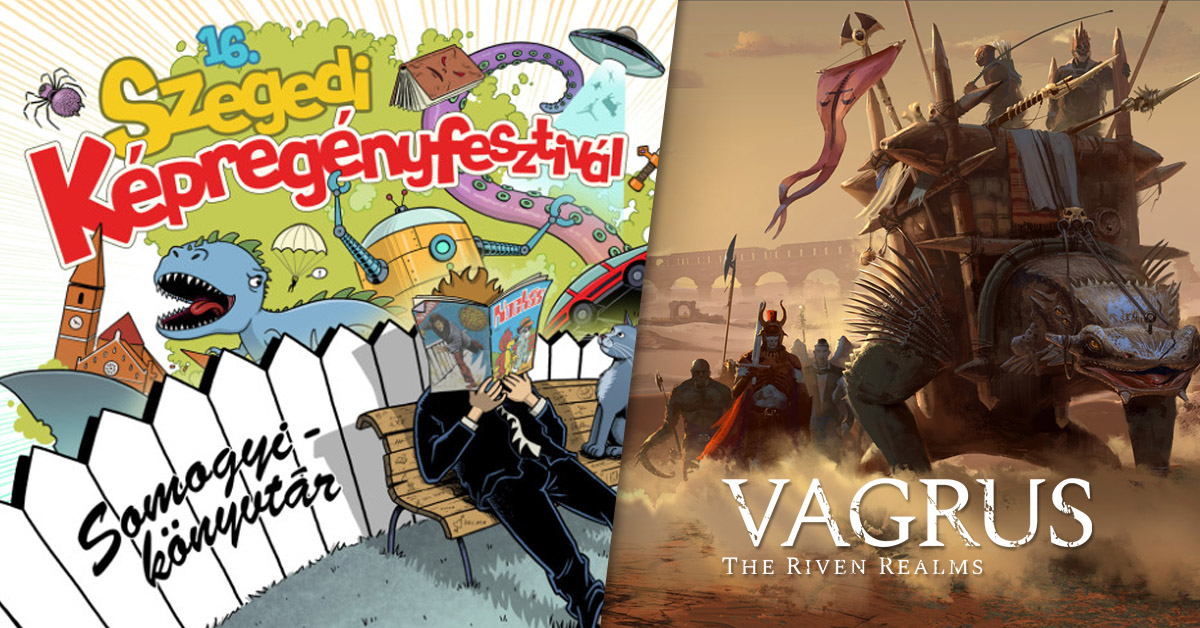
This Saturday marks the occasion of the 16th Comics Festival of Szeged and this time, Lost Pilgrims will be there, too, with a presentation titled "A Caravan Journey from Worldbuilding to Interactive 2D". Join us there if you can - there will be tons of intriguing presentations and goodies from the fields of graphic novels and other related media!

For this week’s post, we’d like to draw attention to several pieces of artwork by our wonderful painter, Bence, or Benmonor. Bence is always ready to create multiple iterations of environmental paintings, filling Xeryn with awe-inspiring art. Here we have included a few of his works that quietly made it into the game’s main campaign.
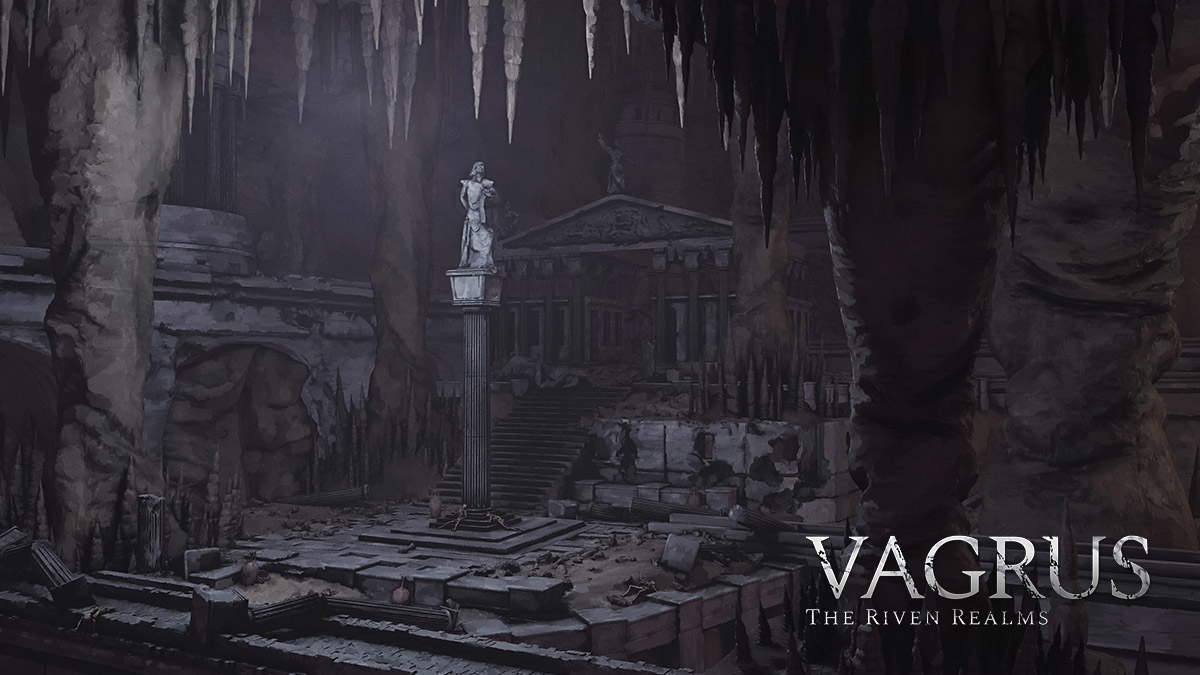

Today’s post takes a short trek down memory lane. Long, long ago, before any of the team at Lost Pilgrims sported grey hairs, we set about creating the UI for the game – an indubitably difficult ask for any game studio. Yet despite any trepidation, we forged forward and created one of the first renditions of Vagrus’s UI.
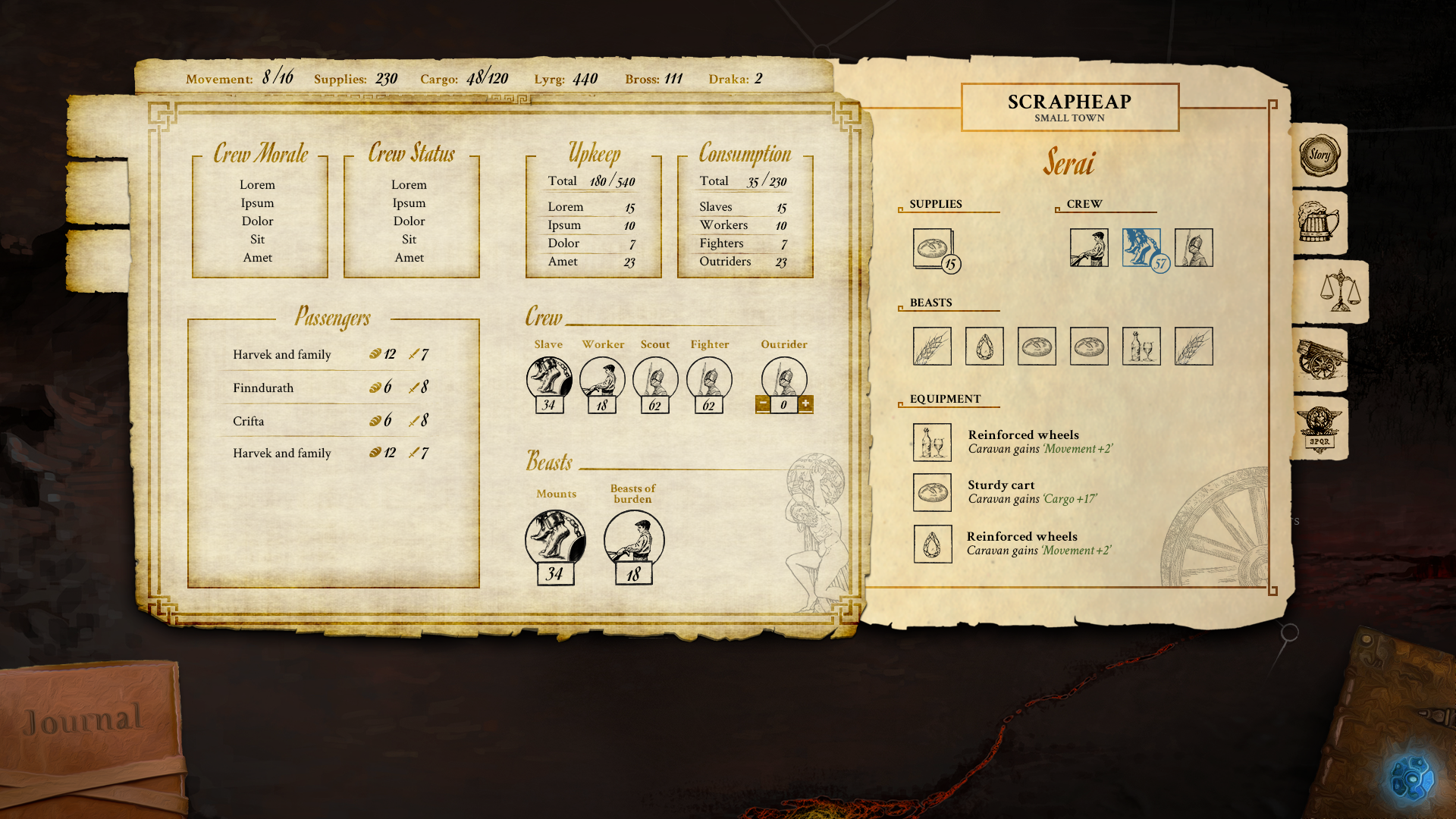

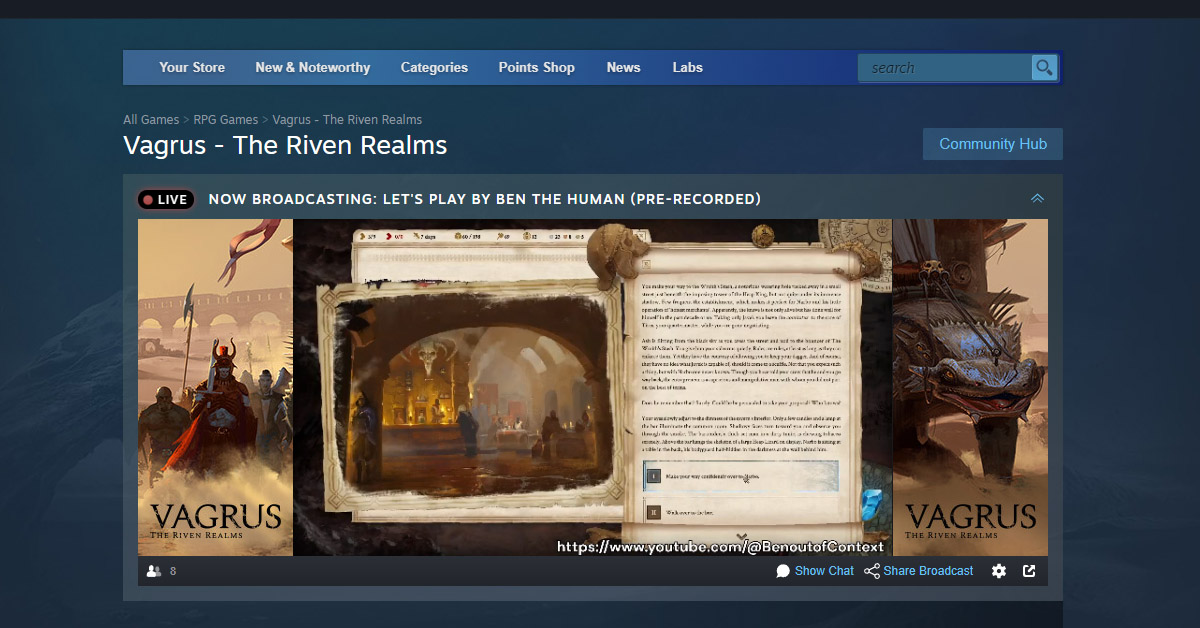
As most of you are aware, we use a video – meant as a kind of introduction to Vagrus – at the top of our store page. While this feature is exclusive to Steam, we have been meaning to replace it with a more up-to-date version for a while now. The old one with Kormakr was a fine video, but a lot has changed about the game since its creation, be they options available to a comitatus, the UI, and even content.

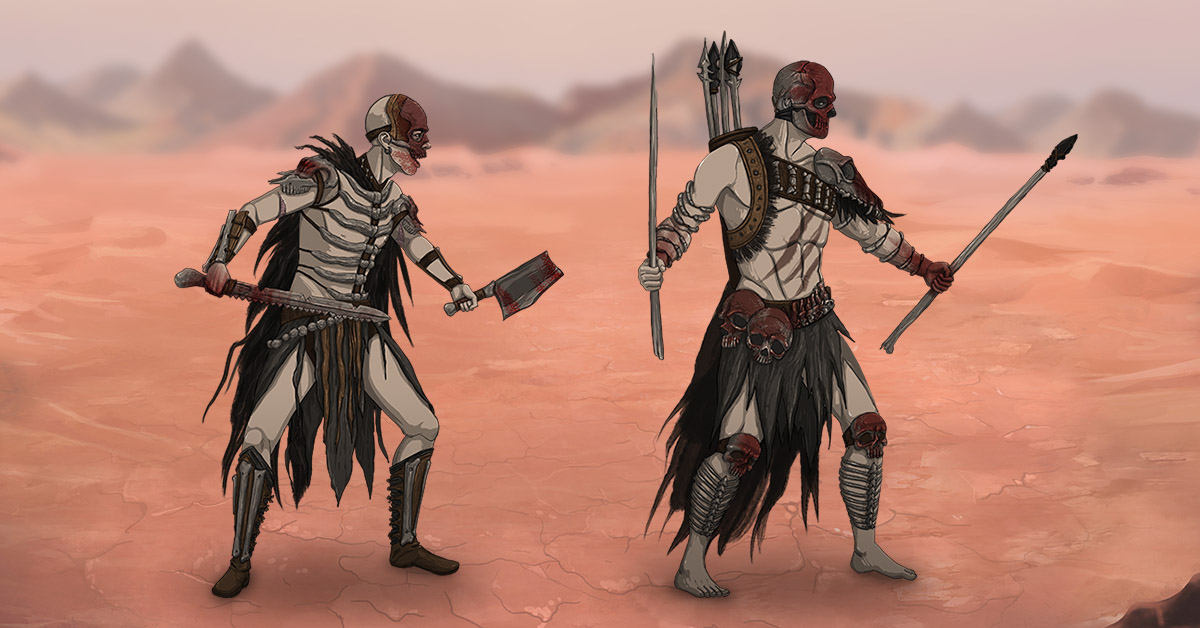
Today we have a delectable treat for you: new enemies from our coming DLC (which is swiftly becoming expansion-sized). These sick, depraved would-be tribesmen don’t exactly look like the types of folk you’d have around for dinner; however, they would love to have you! You can tell just from their grisly outfits and bloodied weapons – they are the “love you and eat you” types.

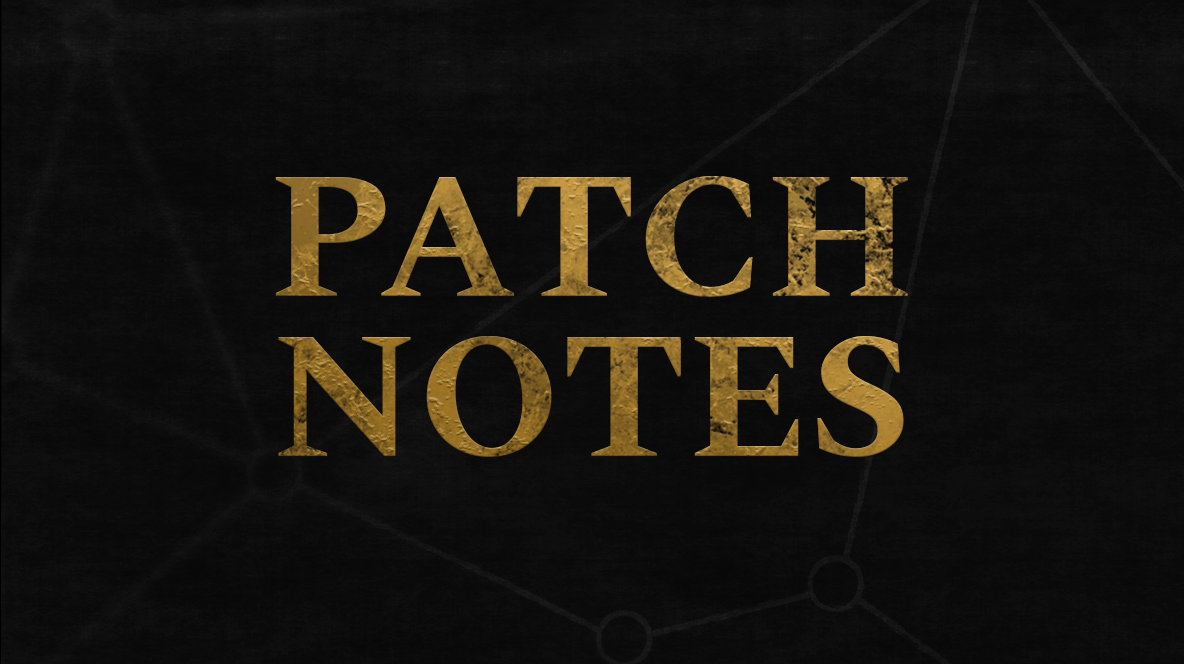
Hey everyone,
This week’s update addresses several issues that we’ve been aiming to fix since our last patch. It also adds several new small Quality of Life features that further streamline UI and UX elements across the board. Alongside this, we are continuing to work hard on our coming DLC, and will endeavor to share more about it as we move closer to the end of the development cycle.

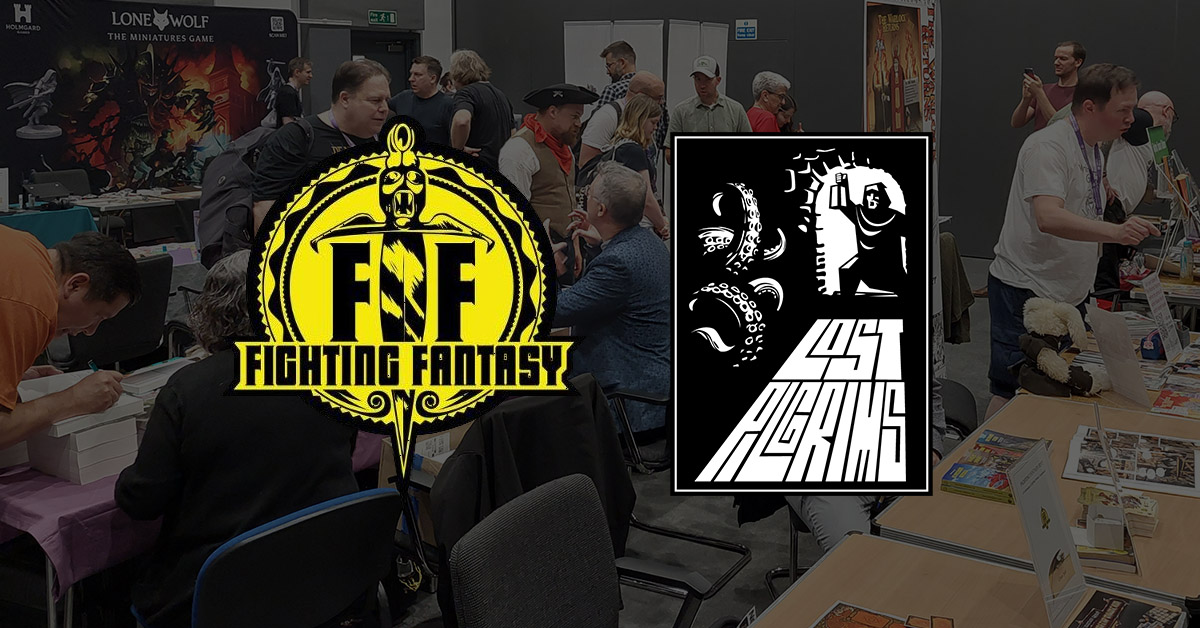
Well, one lost pilgrim to be precise. On 7th September, I was fortunate to have participated in Fighting Fantasy Fest 5 in the UK, representing Lost Pilgrims there in exhibiting the City of Thieves graphic novel I’ve been working on with Chameleon Comix’s founder Gyula Szűcs and mega-talented graphic artist Krisztián Balla. We met and chatted with a lot of enthusiastic Fighting Fantasy fans, encountered living legends, listened to intriguing talks, and saw a ton of cool stuff, including the new gamebook The Dungeon on Blood Island by Sir Ian Livingstone himself.

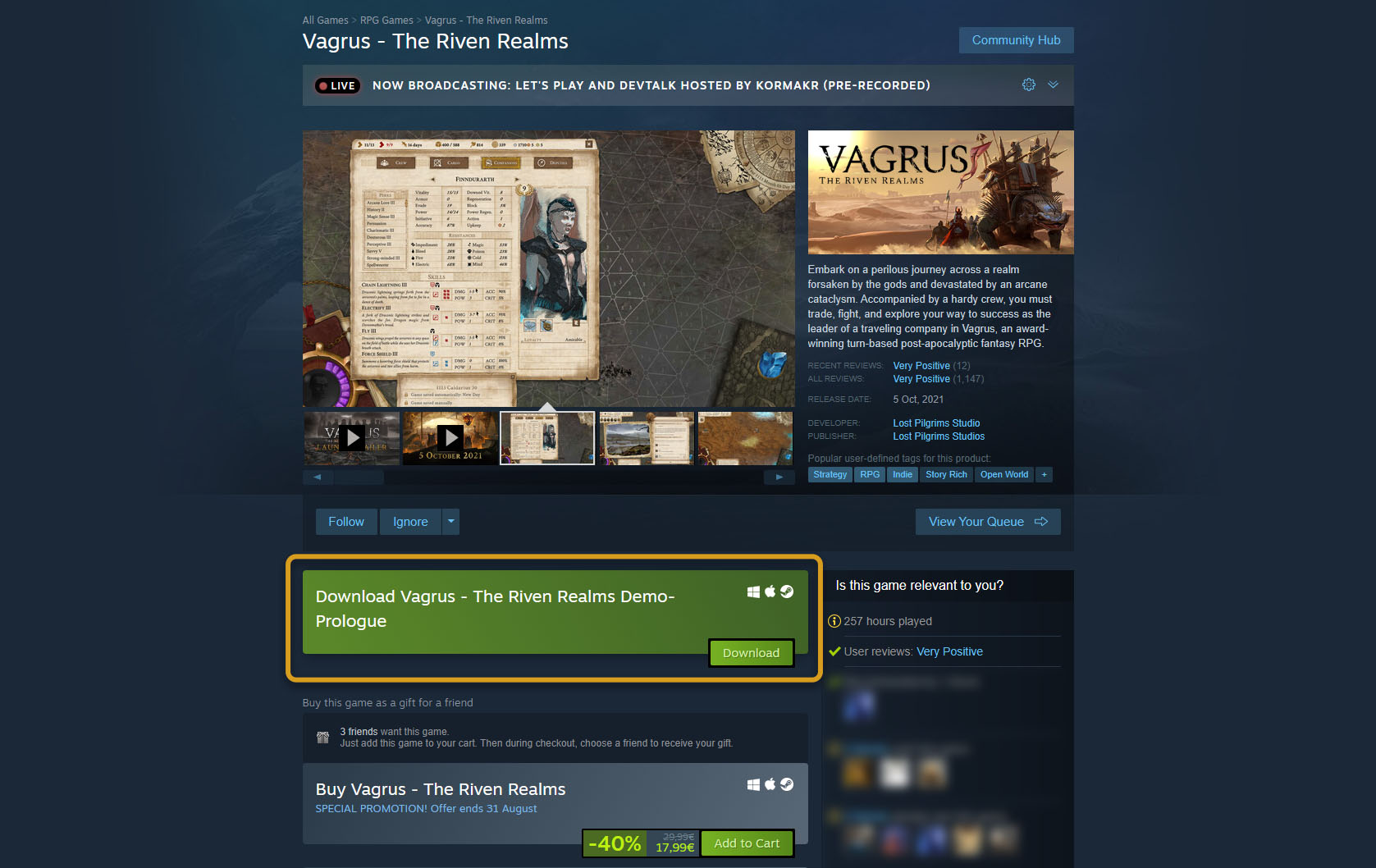
Hey everyone,
So Steam has updated its policies related to games sold on the platform, eliminating direct links from one page to another. This means that our main Vagrus page can no longer link to our Demo (Prologue) and vice versa. Before this was the case, we had our Demo (Prologue) set up as a different application, whereas now we must enable the Demo (Prologue) store page beneath the main game.


